Most of us know the basics about recycling, like our neighborhood curbside collection is always on Fridays, unless a Friday is a holiday, when it’s picked up on Saturday.
And most of us know that Baltimore City has “single stream” recycling, so all clean glass, metal, plastic, and paper products can be combined in a single bin for pickup. Once they are collected, the materials are sorted at a recycling plant for further processing.
However, many of us are a bit hazy on which items are “appropriate” to include and which are not, causing recycling programs to fail both locally and around the country. Scott Dance’s Baltimore Sun article from 2018 pointed out that, “When Marylanders first started tossing recyclables into the blue bin and setting it out by the curb about a decade ago, only a small percentage of the material ended up in a landfill or incinerator. Now, as much as a third of it gets trashed.”
In cases of doubt, people with good intentions err on the side of inclusion, believing that what is recyclable will be eventually separated from what is not. Throwing anything someone believes could be recycled into the recycling bin has caused the city to increase its budget for sorting recyclable materials, which increases the chance that what is genuinely recyclable becomes contaminated and must be trashed instead.
Recycling experts say the trends are the product of good intentions, but poor citizen education — a phenomenon they call “aspirational” recycling, or “wish-cycling.”
Always keep in mind that clean glass, metal, plastic, and paper products are recyclable, and they should be combined loosely in your recycle bin with NO plastic bags. Here’s Baltimore’s handy sheet illustrating acceptable and unacceptable items for recycling. Print it out on the back of a used sheet of paper and put it on your refrigerator as a reference.
Baltimore City is committed to recycling, though it takes residents to sort recycling properly to make sure that continues to be the case. The Baltimore Department of Public Works was recently awarded a grant from The Recycling Partnership to launch a public messaging campaign to improve awareness of acceptable recyclable materials and reduce the amount of contamination—and costs—from non-recyclable materials.
Here are some simple DO’s and DON’Ts to help you improve recycling IQ, reduce public expenses, and help our environment.
DO’s
Include these items.
- Clean food out of ALL items—if too soiled, trash it.
- Empty and rinse liquids from ALL containers.
- Rinse cartons and Tetra packs, such as for milk and juice.
- Unsoiled cardboard, office paper, letters, envelopes, newspapers, and books.
DON’Ts
Put these items in the trash:
- NO plastic BAGS, RINGS, or WRAPPERS! They gum up the recycling conveyor belts. Plastic bags can be recycled at most grocery stores, and plastic wrappers should be trashed.
- NO take-out food containers.
- NO deli & salad bar containers.
- NO Styrofoam.
- NO paper towels, napkins, and tissues. The paper fibers are too thin and should be trashed.
- NO soiled pizza boxes.
(Peter Van Buren and David Nyweide)
